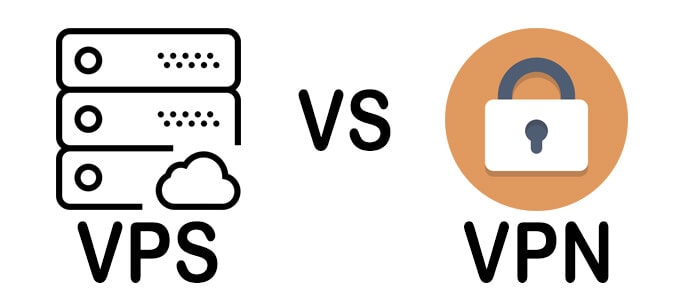Many business owners have difficulty making technological judgments because they lack extensive technical understanding. As a result, much technical jargon is thrown around, and they are likely to confuse some of them. Many people are unable to distinguish between VPS hosting and VPN. Despite the fact that the acronyms are very prevalent, they provide significantly diverse services. Let’s obtain a quick overview of VPN or VPS, as well as which is preferable for you.
Virtual Private Server hosting
One type of hosting plan is VPS hosting. VPS hosting provides more security, reliability, and flexibility than shared hosting at a somewhat higher cost. Many virtual servers are formed on a single physical server when using VPS hosting. Every virtual server owner has the ability to install and uninstall software as well as reboot their server whenever they choose. As a result, VPS hosting customers have more control over their server. Small business owners that seek high security, fast speed, and better uptime at a cheap cost may consider VPS hosting.
Using public telecommunication networks like the Internet, a secure VPN network is built. Those who are continuously on the road, or who operate in remote offices, can use VPN to access to the main organisational network.
Remote users use the firewall and encryption to secure their data as part of VPN security, which prevents information from being leaked to unauthorised parties.
VPNs can be divided into two categories. Remote access VPNs (Client-to-Server) and site-to-site VPNs are two types of VPNs (Server-to-Server). Remote access VPNs, also known as client-to-server VPNs, are ideal for users who do not have a fixed location or who are on the move.
VPN or VPS, Which Would Be a Suitable Option :
You’ll need a VPN, or virtual private network, if you wish to share private information over the internet with other workplaces or coworkers. The majority of business owners do not use VPN to secure sensitive information or data from hackers. If you want more control over your website than shared hosting provides, you should go for a VPS hosting plan.
VPS hosting allows you to handle your website as you want, whereas VPN allows you to manage your organization’s transactions, which can be employee to employee or branch to branch. Before making any decisions, consider your company’s nature, size, and data security. If you need to maintain a website as well as share information across multiple regional offices via the internet, you’ll need both VPS hosting and VPN.
After the article is over, if you are still confused about choosing VPN or VPS, please don’t hesitate to contact us for our help.




